Desert Eagle IMI Magnum . Isreali Military Industries Desert Eagle .44 Magnum, used as new condition with two magazines.
The Desert Eagle IMI Magnum was originally designed by Bernard C. White of Magnum Research, who filed a US patent application for a mechanism for a gas-actuated pistol in January 1983.[6] This established the basic layout of the Desert Eagle. A second patent application was filed in December 1985, after the basic design had been refined by IMI (Israel Military Industries) for production, and this is the form that went into production.[7] The Desert Eagle uses a gas-operated mechanism normally found in rifles, as opposed to the short recoil or blow-back designs most commonly seen in semi-automatic pistols. When a round is fired, gases are ported out through a small hole in the barrel near the breech. These travel forward through a small tube under the barrel, to a cylinder near the front of the barrel. The separate bolt carrier/slide has a small piston on the front that fits into this cylinder; when the gases reach the cylinder they push the piston rearward. The bolt carrier rides rearward on two rails on either side of the barrel, operating the mechanism. Its rotating bolt strongly resembles that of the M16 series of rifles, while the fixed gas cylinder/moving piston resemble those of the Ruger Mini-14 carbine (the original patent used a captive piston similar to the M14 rifle).[5][8] The advantage of the gas operation is that it allows the use of far more powerful cartridges than traditional semi-automatic pistol designs. Thus it allows the Desert Eagle to compete in an area that had previously been dominated by magnum revolvers. Downsides of the gas-operated mechanism are the large size of the Desert Eagle, and the fact that it discourages the use of unjacketed lead bullets, as lead particles sheared off during firing could clog the gas release tap, preventing proper function.[5] Switching a Desert Eagle to another chambering requires only that the correct barrel, bolt assembly, and magazine be installed. Thus, a conversion to fire the other cartridges can be quickly accomplished. The rim diameter of the .50 AE (Action Express) is the same as the .44 Remington Magnum cartridge, consequently only a barrel and magazine change is required to convert a .44 Desert Eagle to the larger, more powerful .50 AE round.[5][8] The most popular barrel length is 6 in (152 mm), although a 10 in (254 mm) barrel is available. The Mark XIX barrels are machined with integral scope mounting bases, simplifying the process of adding a pistol scope.
The Desert Eagle is fed with a detachable magazine. Magazine capacity is 9 rounds in .357 Magnum, 8 rounds in .44 Magnum, and 7 rounds in .50 Action Express. The Desert Eagle’s barrel features polygonal rifling. The pistol is primarily used for hunting, target shooting, and silhouette shooting.
Type
Semi-automatic pistol
Place of origin
United States
Israel
Production history
Designer
Magnum Research
Designed
1979–1982
Manufacturer
Magnum Research
(2009–current)
Magnum Research
and Israel Weapon Industries
(2005–2009)
Israel Military Industries
(1998–2005)
(1982–1995)
Saco Defense
(1995-1998)
Produced
1982–present
Variants
Mark I
Mark VII
Mark XIX
Specifications
Mass
Mark VII
1,766 g (3.9 lb) (.357 MAGNUM)
1,897 g (4.2 lb) (.44 MAGNUM)
Mark XIX
1,998.6 g (4.4 lb)
Length
Mark VII
10.6 in (269.2 mm) (6in barrel)
Mark XIX
10.75 in (273.1 mm) (6in barrel)
14.75 in (374.6 mm) (10in barrel)
Barrel length
6 in (152.4 mm)
10 in (254.0 mm)
Cartridge
.50 Action Express
.44 Magnum
.357 Magnum
.440 Cor-bon
.41 Magnum
.357/44 Bain & Davis (IMI prototype only)[1]
Action
Gas-operated, rotating bolt
Muzzle velocity
470 m/s(.50AE)
Effective firing range
200 m
Feed system
Detachable box magazine; capacities:
9 rounds (.357)
8 rounds (.41 and .44)
7 rounds (.440 Cor-bon and .50AE)
Sights
Iron sights and optional optics
New and unused and unregistered!
Ammo can only be purchased if you also buy the gun.
Ammo, 50 Rounds

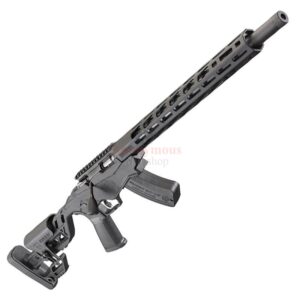
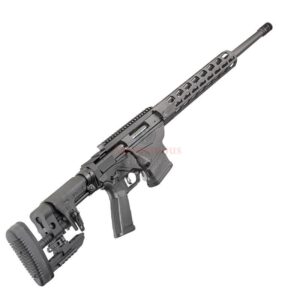
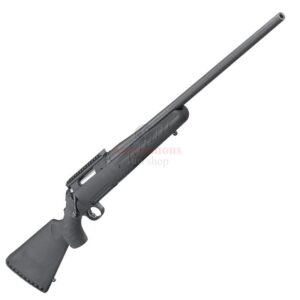
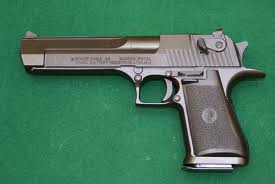
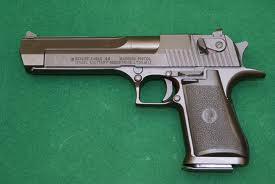
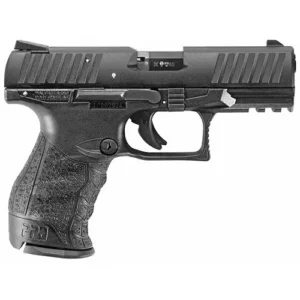
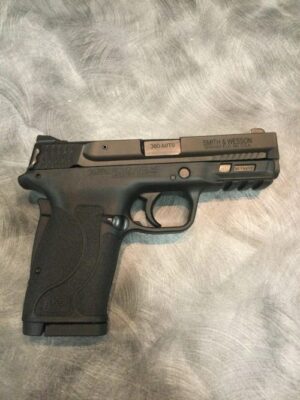

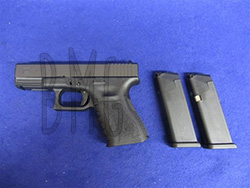


Reviews
There are no reviews yet.